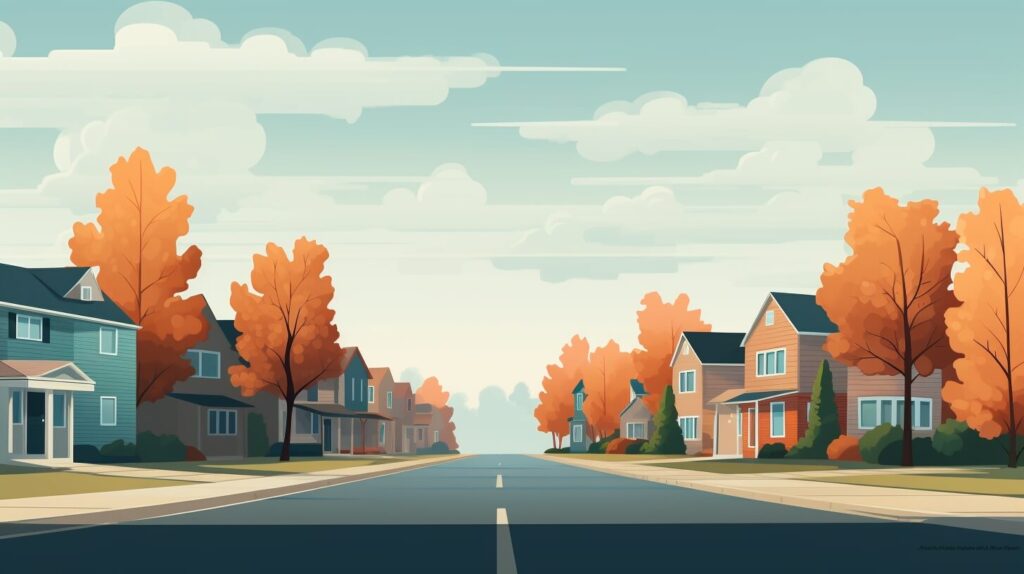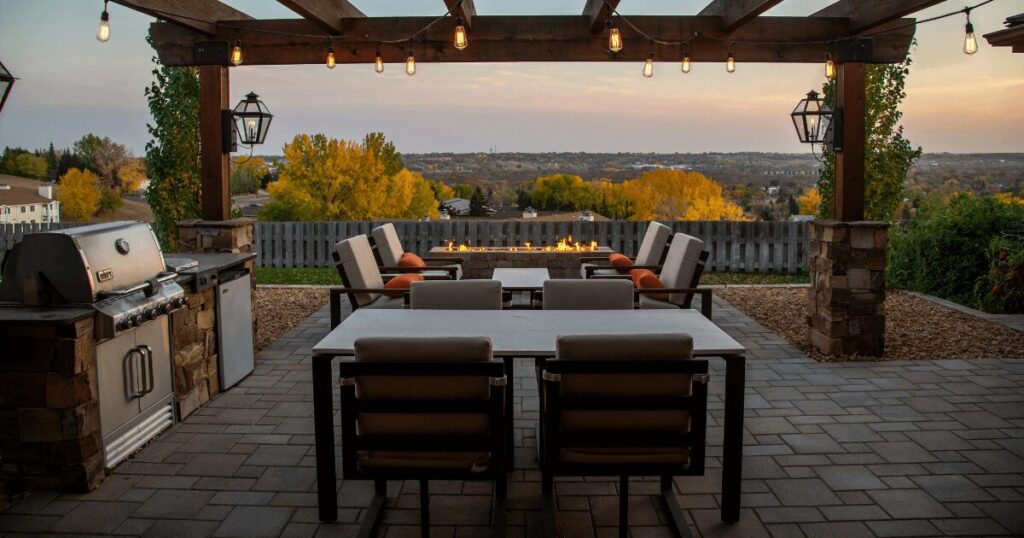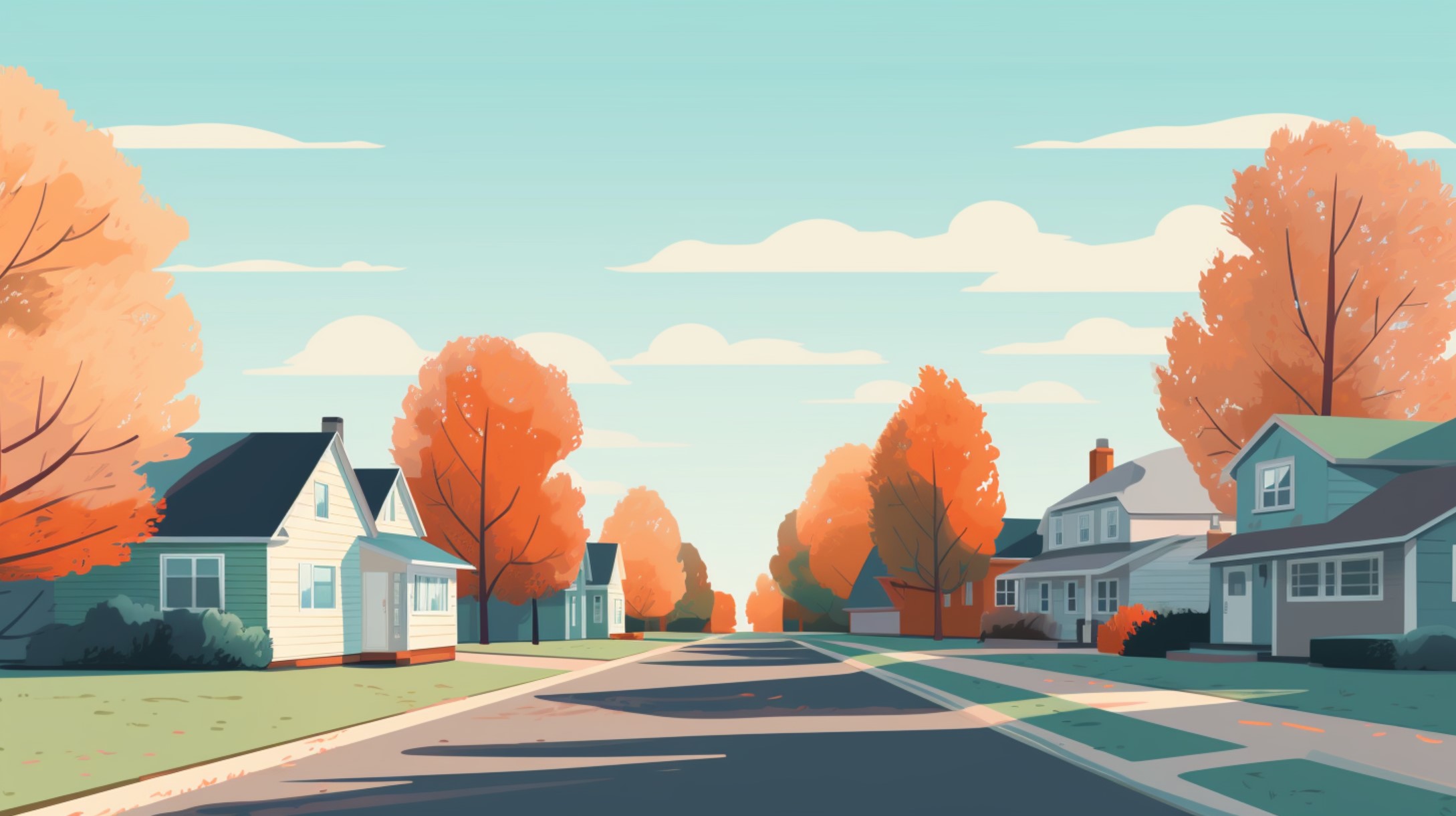
We are reader-supported. When you buy through links on our site, we may earn an affiliate commission.
If you enjoy taking something old and making it beautiful again, buying properties for a discount and renovating them for resale may be the perfect career for you. Learning how to become a house flipper requires dedication, studying local markets and making the right connections. Flipping houses can be profitable, but it can also cause your finances to crash and burn so start small and build slowly.
1. Find a Mentor and Learn the Ropes

If you’ve been in construction or related services for a while, you might feel tempted to jump right into buying and flipping houses. However, there are a lot of finer details you’ll need to learn first.
Seek a mentor in your area who knows the market and what buyers want. A real estate agent can make a nice partner and will later inform you when low-priced properties are available you might be interested in.
You should also talk to people who’ve renovated homes, such as a general contractor to get an idea of overall costs. Many successful house flippers offer online courses or seminars on the topic. Pay attention to which ones are making money at the business before deciding what course to take.
2. Find Financing
Bob Vila looked at several sites and found the average cost to flip a home is $47,903 in the United States. Of course, factors such as building material costs, labor, area of the country and the condition of the home all come into play.
You’ll need to buy the home initially, but you may be able to team up with investors willing to front the purchase price for a quick return after the home sells. Lining up a team of angel investors is smart, but you might be better served working with a single investor who is willing to put money into real estate and let you manage the flip.
Over time, you can roll your profits into an account and eventually purchase your own properties. You might also be able to take out a mortgage if you have excellent credit.
3. Attend Auctions
Investors often find homes to flip by attending bank auctions. People default on their loans and the bank auctions the property to recoup their losses. Homes can go for a fraction of their value at an auction.
It’s wise to attend several auctions and just observe before bidding. First, you’ll need cash on winning an auction. Second, you’ll want to be sure you understand what you’re buying, if it’s worth the bid and what the local market is like. Make sure you understand the house’s after-repair value (ARV) and if you can make a profit.
4. Know Where People Want to Live
The best houses to flip are the ones in highly desirable neighborhoods. The ideal home likely needs some tender loving care and a few upgrades. Look for a house with good bones, such as a foundation that is solid, no termite damage and a fairly new roof and furnace. Your goal is to find a home that needs mostly cosmetic changes.
If you can find a home in a school district people clamor to be in and get it for a discount, you will likely resell it quickly and for a premium rate.
5. Understand Repair Costs
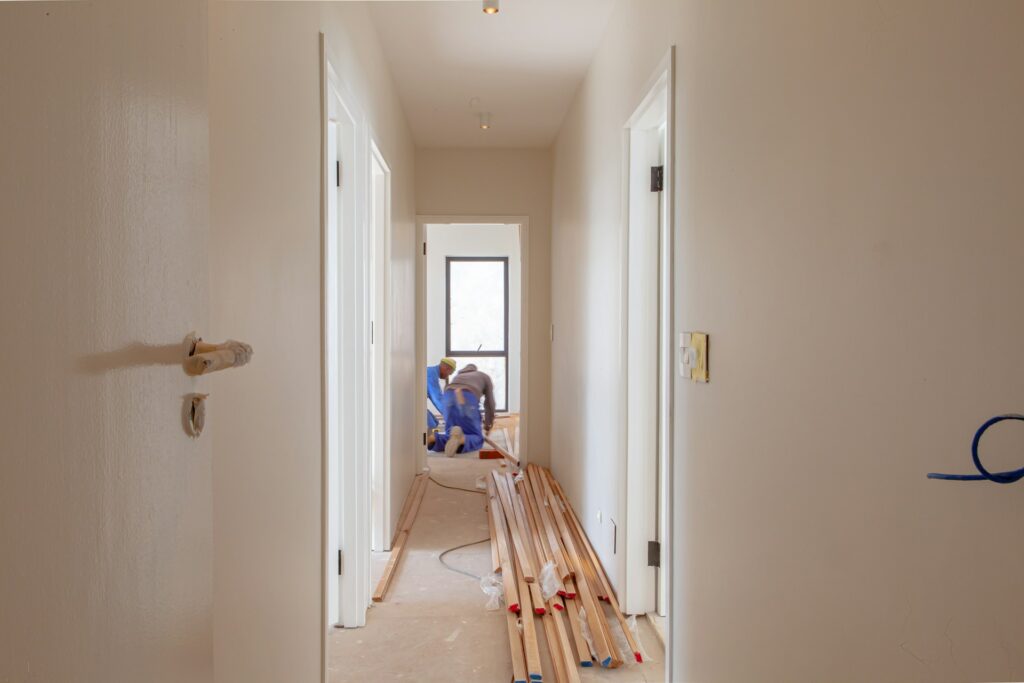
When you’re viewing a property you might want to buy, consider the cost of different renovations. Angi estimates the cost to renovate a kitchen is approximately $20,000 but could run up to $70,000. On the other hand, a quick refresh in a bedroom may only cost $1,500 to $5,500.
Factors such as if you need foundation repairs, mold remediation or electrical repair all add to the overall cost. You’ll want a good inspector on your team who can spot major issues and keep you from buying a money pit.
The goal is to buy a home for the least amount possible, make it beautiful and sell it quickly at a profit so you can move on to the next flip.
6. Start Small
You may dream of buying a million dollar home, renovating it and selling it for several million, making you instantly rich. When considering how to become a house flipper, remember most people started small and worked their way into the bigger homes and higher profit projects.
Start with a fixer upper, starter home that is under 1,000 square feet. As you get more efficient at finding deals, fixing homes and selling them, you can buy larger properties. You might also find that sticking with smaller homes helps you flip houses faster and make more profit in the long run because you’ve completed more fixes.
7. Learn Marketing
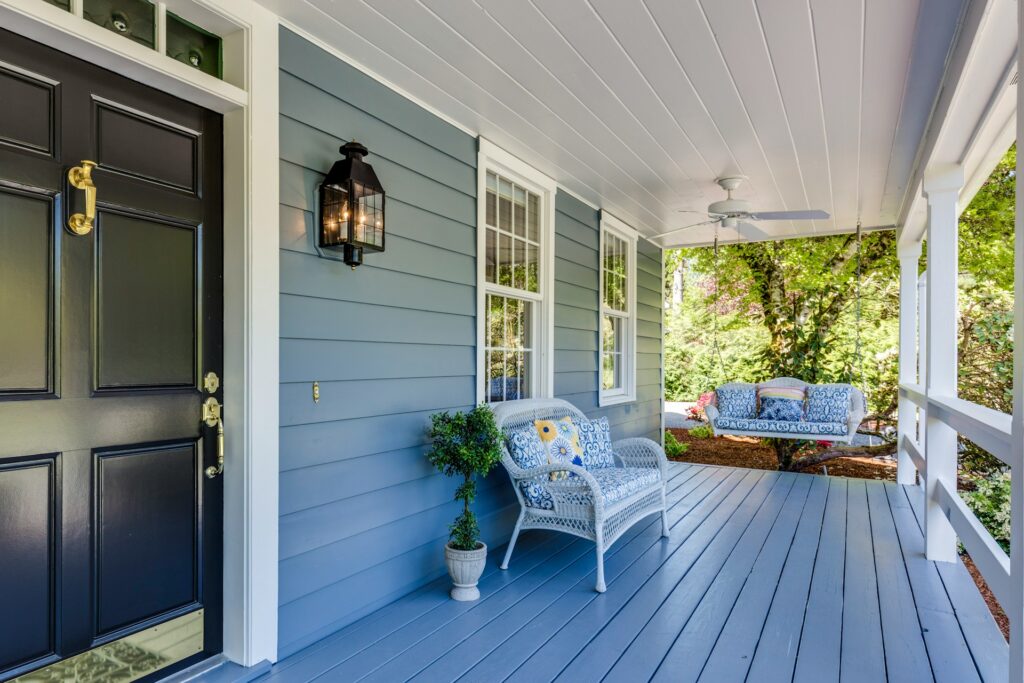
The real estate industry spends a lot on advertising. According to Statista, agents and managers spent approximately $768 million on ads in 2022. Part of being successful as you learn how to become a house flipper is knowing how to market your properties.
The longer a house sits on the market, the less money you make. Your funds are tied up, you’ll incur expenses and you won’t have flexibility to fund the next project, which can slow your growth.
Pay attention to what the successful agents in your area do to get people looking at houses. Learn how to take photographs to best advantage to showcase the features of a home. Visit open houses and learn how to host your own.
8. Study Timing
When you buy and flip can be almost as important as getting a great deal on a project. Although different areas may have various trends, families tend to move at the end of the school year and before the new one starts. You may struggle to show a property in the dead of winter.
Your best bet is to plan out your calendar. If you know people start buying single family homes in May, plan to purchase a renovation that takes eight weeks in early March. Build in a few weeks of flex time in case the project takes longer than expected.
How to Become a House Flipper Today
If you have a passion for flipping houses, don’t delay. Find a mentor and have them walk you through your first flip. Fear should be embraced and used to spur your efforts rather than hold you back. House flipping is a career that builds over time. Start with a small project and work your way up until you’re making a tidy profit each year.


